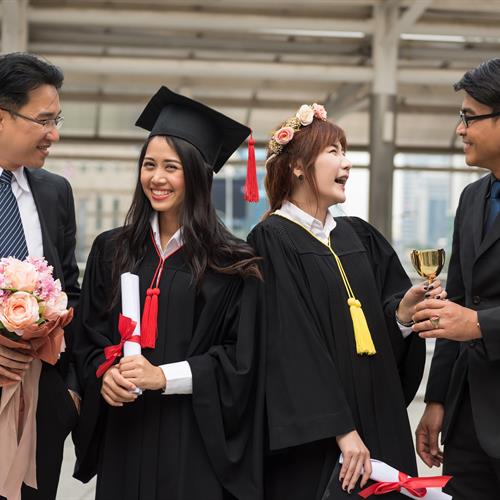2025-08-22
La fête de la mi-automne (中秋节 - Zhōngqiūjié), célébrée le 15e jour du 8e mois lunaire, lorsque la lune est censée être la plus pleine et la plus brillante, est l'une des fêtes traditionnelles les plus appréciées de Chine. Si赏月 (shǎng yuè - observation de la lune) et品尝月饼 (pǐncháng yuèbǐng - dégustation de gâteaux de lune) sont des activités emblématiques, le cœur de la fête réside dans son association profonde avec la réunion des familles à l'occasion de la fête de la mi-automne. C'est une période où les familles s'efforcent de se réunir pour célébrer l'harmonie, la plénitude et la gratitude sous la lune lumineuse de l'automne. Les légendes du festival Plusieurs légendes entourent le festival de la mi-automne. [...]









